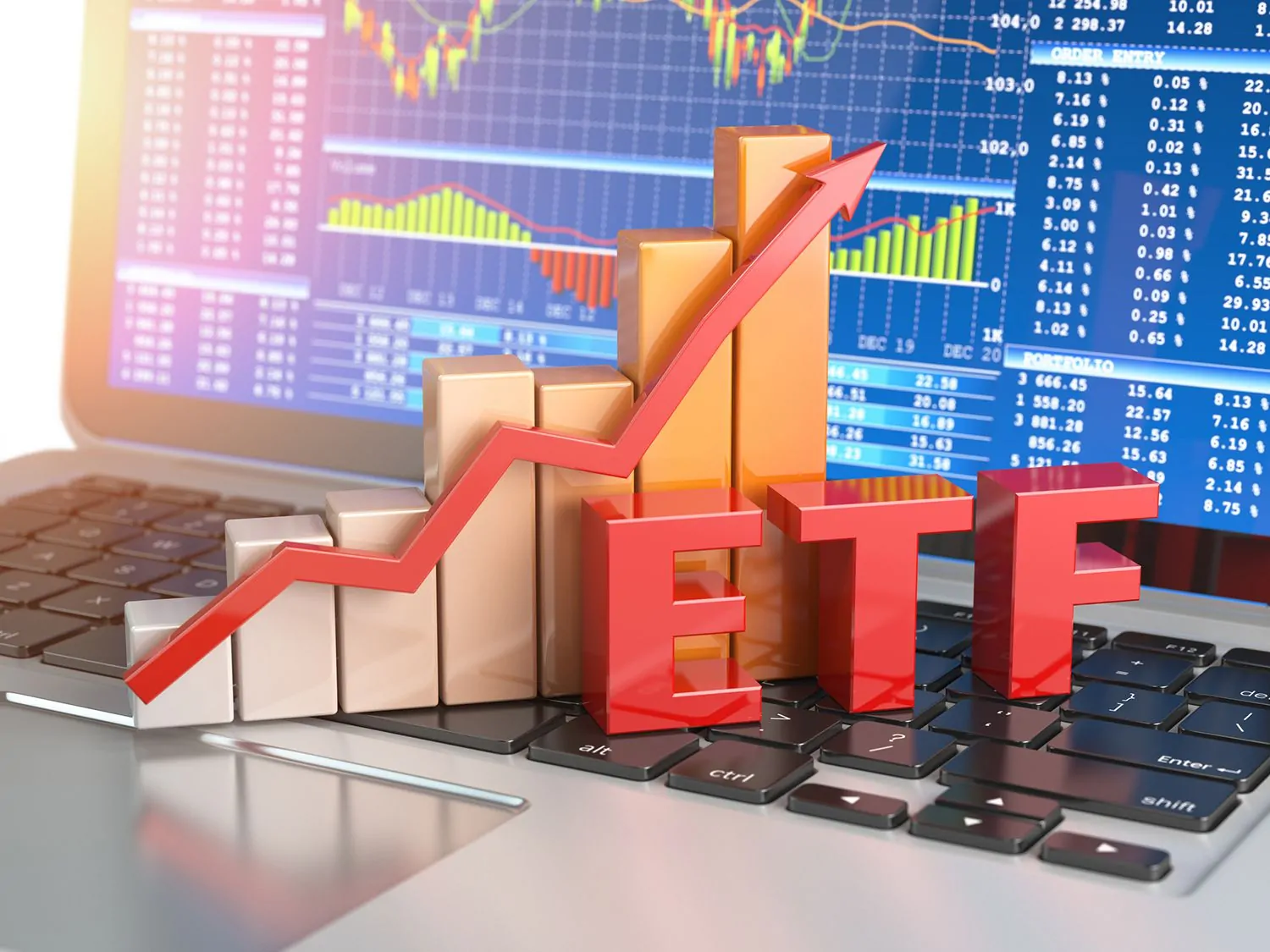
Making sustainable investments has never been more critical than it is today. The global economy is rapidly shifting, and companies are expected to be more mindful when using natural resources and considering their environmental impact.
For those looking to make an ethical investment, selecting an ETF that meets sustainability standards can give you peace of mind and a financial return. But with so many ETFs committing to similar goals, how do you know which makes the most sense for your portfolio?
Read on for essential tips from experienced investors. In this blog post, we will discuss seven factors to consider when picking a sustainable ETF to ensure your money is invested wisely and ethically.
1. Understand the Fund’s Sustainability Criteria
When selecting an ETF that is sustainable, ensure you understand the fund’s sustainability criteria and that it aligns with your values. The first thing to consider is the ESG criteria used by the ETF. ESG criteria differ from one ETF to another. Some ETFs might have a narrow focus, such as environmental issues, while others might consider a broader range of factors.
2. Check the Backgrounds of Companies in the ETF
When selecting an ETF that is sustainable, examining the individual companies within the fund is essential. Some of the companies may not align with your values as an investor. Thus, investigate the companies’ practices and ensure they are consistent with your values.
3. Consider the ETF’s Performance
Like any other investment, check the performance of the ESG ETF you are interested in. Past performance might not indicate future returns, but it can give you an idea of what to expect. Also, compare the ETF’s performance to other ESG ETFs and the broader stock market.
4. Check for Transparency
An ESG ETF’s transparency can tell you a lot about the fund’s practices. Ensure the ETF is transparent about its holdings and ESG scores. Clarity can help you make informed investment decisions.
5. Look at the ETF’s Expense Ratio
When selecting an ETF that is sustainable, consider the expense ratio of the ESG ETF you are considering. An ETF’s expense ratio is the fund’s annual fee to cover its expenses. Higher expense ratios can eat into your potential returns.
6. Check for Diversification
Like other ETFs, sustainable ETFs offer diversification. However, not all ESG ETFs are equally diversified. Ensure that the ESG ETF you are considering offers exposure to various companies and industries. This will help mitigate the risks of investing in individual companies.
7. Verify the ETF’s Stability
The stability of the ESG ETF is essential. Analyze the ETF’s strength by inspecting its trading volume, fund size, and track record. Ensuring that the ETF is well-established can be indicative of its sustainability.
7 Things To Consider When Selecting An ETF That’s Sustainable – In Summary
Selecting an ETF that is sustainable can be a great way to align your investments with your values. However, it is essential to consider several factors before investing.
By following the guidelines above, you can make an informed decision and choose an ESG ETF that aligns with your values and offers a solid return on your investment. Remember, your investment choices have more impact on the world than you might think.
Leave a Reply